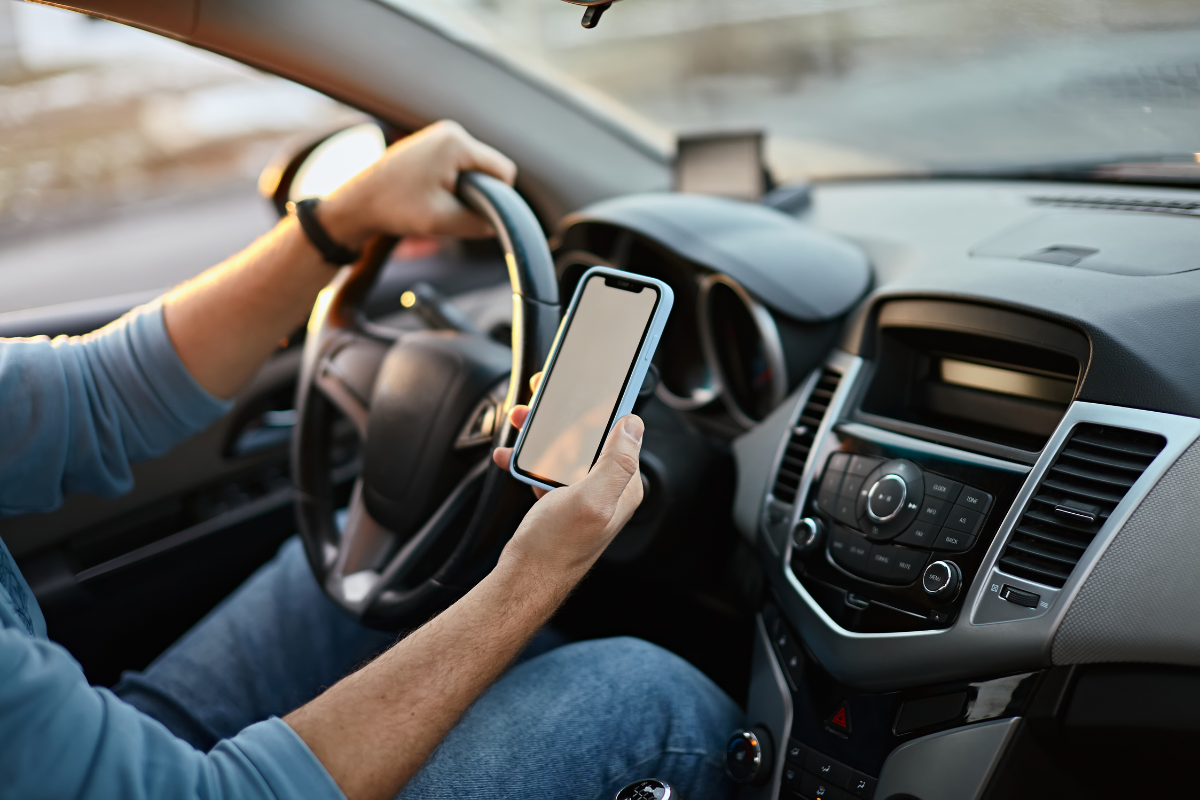Charlotte County's Guide to Navigating Florida's Hands-Free Laws

Navigating the roads of Charlotte County involves more than just knowing your turns and local shortcuts. In a bid to enhance road safety, Florida’s Hands-Free Laws have been a pivotal shift in driving practices across the state, especially in Charlotte County. Given the dramatic consequences of distracted driving, understanding and abiding by these laws isn’t just about avoiding fines—it’s about safeguarding lives.
Understanding Charlotte County's Hands-Free Laws
In Charlotte County, like in all of Florida, Hands-Free Laws are operational and fairly stringent. These laws unequivocally bar the use of handheld electronic devices while driving a vehicle. This means no texting, calling, or browsing on your phone when you’re behind the wheel—unless you're using hands-free technology.
Emphasizing the critical need to keep your hands on the wheel and your focus on the road, the local enforcement agencies are particularly vigilant in No Device Zones, such as school zones and construction sites. In these areas, even hands-free operation is discouraged to minimize distractions.
The Why Behind the Law
The implementation of these laws wasn't an overnight decision. With distracted driving ranking as a prime contributor to traffic incidents in Charlotte County, the step towards a mandatory hands-free driving environment was essential. The statistics don’t lie—distractions on the road are a leading factor in accidents, many of which have led to severe injuries and even fatalities.
Compliance Isn't Complicated
Here are a couple of straightforward tips for Charlotte County residents to adhere to the Hands-Free laws:
- Invest in Hands-Free Technology: Products like Bluetooth-enabled devices, which allow voice commands for calling and texting, can help you stay connected responsibly.
- GPS Setup Pre-Drive: Always enter your destination and review your route on your GPS device before you start driving. This prevents you from having to adjust your route mid-journey.
Local Impact and Real Stories
In Charlotte County, the effects of these laws are palpable. Local police reports and accident data indicate a downswing in distracted driving-related incidents since the laws took full effect. The community’s anecdotal evidence, gathered from forums and social media, reinforces this trend, painting a picture of increasingly safe roads.
Engaging the Community
Charlotte County’s approach isn’t just about laying down the law; it's also about increasing awareness. Through public campaigns and school programs, the aim is to engrain the principles of safe driving in both new and seasoned drivers. These initiatives use real-life stories and statistical data to underscore the potentially devastating impact of distracted driving.
A Safer Charlotte County
For residents of Charlotte County, the message is clear: the hands-free laws are not merely legal requirements, they are essential protocols to ensure everyone’s safety on the road. While it might take some getting used to, the shift to hands-free driving supports a safer, more attentive driving environment.
By keeping informed and compliant, Charlotte County residents not only avoid penalties but contribute to a culture of responsivity and safety that benefits the entire community. Embrace the change, enhance safety, and keep Charlotte County’s roads safer for everyone. Together, let’s drive towards a less distracted future.
Share This Post:






